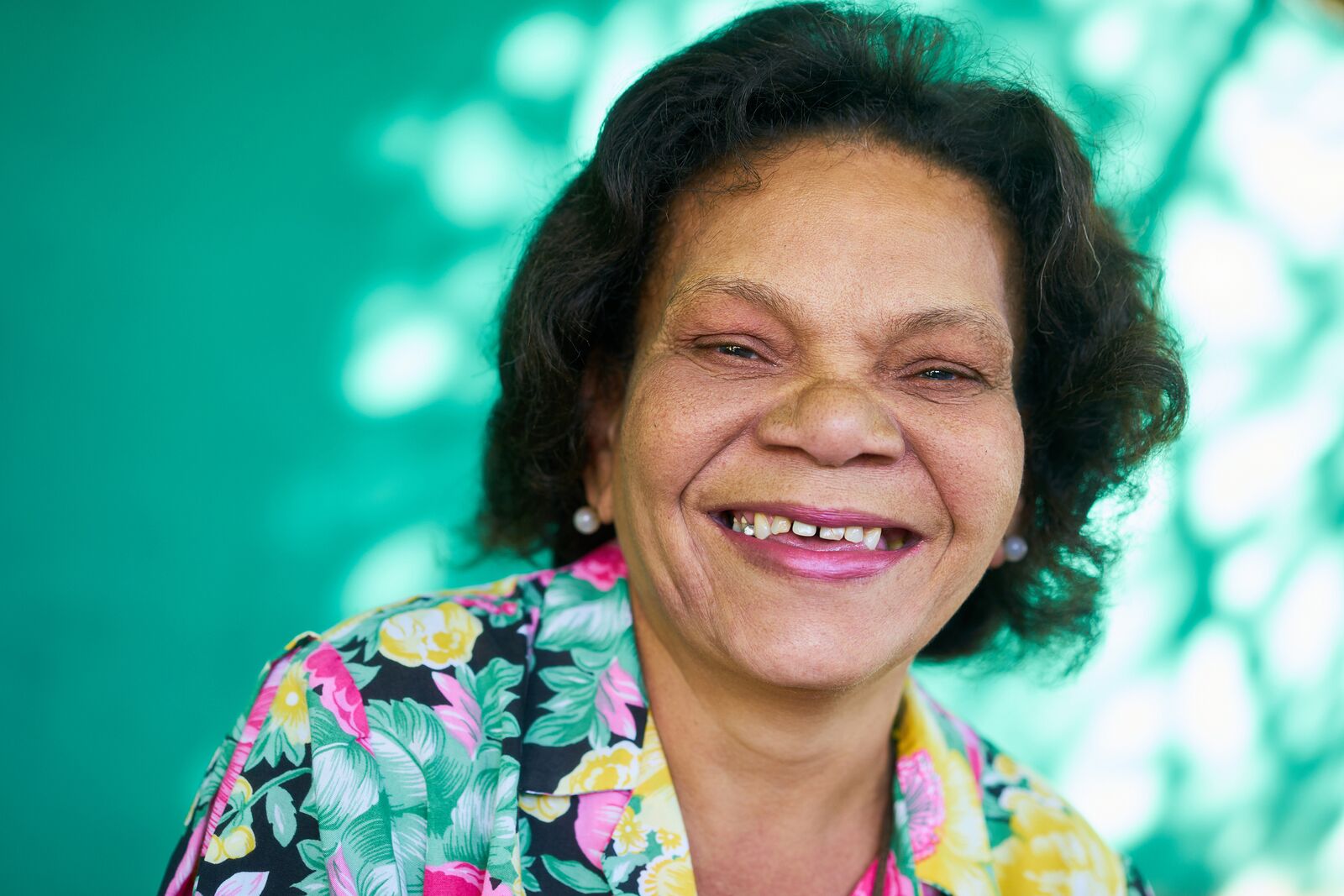
Family caregivers do a lot and all that they do requires energy. If your own energy levels aren’t where you want them to be, there might be a good reason for that. There are some simple tricks you can put into place to boost your energy. If you’re still feeling sluggish, though, talk to your doctor about what might be going on with your overall health.
Caffeine Can Hurt More than Help
Caffeine definitely gives you an energy boost, but it doesn’t last. And if you’re combining caffeine with sugar, you might be surprised to experience an even faster energy crash. If you’re currently taking in a lot of caffeine, quitting cold turkey can be rough. Start out by cutting back just a little bit until you’re getting only a little caffeine each day.
Eating More Frequently Can Help
Eating smaller, more frequent meals can also help. If you’re avoiding eating or you’re grabbing meals that aren’t as healthy as they could be, this is something that can help. Opt for healthy choices, like fruits, vegetables, and lean proteins so that you can get the biggest energy boost possible. Avoid anything that’s heavily processed or that has a lot of sugar in it.
Healthier Snack Choices Avoid Energy Crashes
Meals are important, but so are snacks. If you’re grabbing snacks that are high in sugar, you probably do get a boost in your energy pretty quickly. But how long does that energy stick around? In fact, afterward you’re more likely to feel awful and probably have even less energy than you did before your snack. Stick to healthy choices that give you a longer-lasting boost, like proteins.
Dehydration Saps Your Energy
If you’re not drinking enough water to keep your body going, that’s going to sap your energy, too. You might also find that it’s tougher to think clearly when you’re dehydrated. Drink one more glass of water than you have been. Gradually increase the amount you’re drinking until you feel comfortable. You can also talk to your doctor about what amount of water is right for you on a daily basis.
Naps Work
You might feel as if naps are a bad idea, but a short nap can give you a huge energy boost. You can’t use naps to completely catch up on lost sleep, but they can help you to get through a tough day. Try to stick to naps that are less than half an hour long to see how they work for you.
When your energy levels are where they need to be, you can get more done as a caregiver. Having strong energy levels also means that you’re doing what you need to do in order to care for yourself properly.

